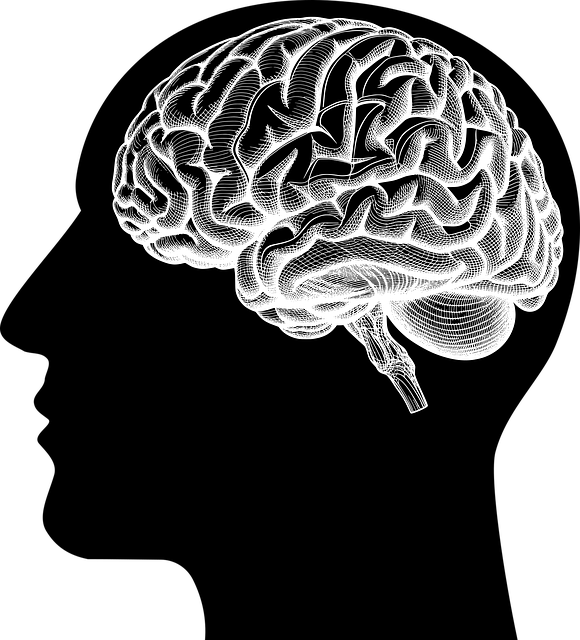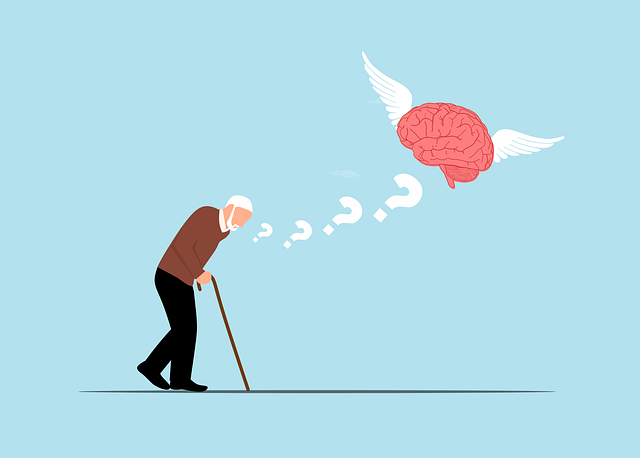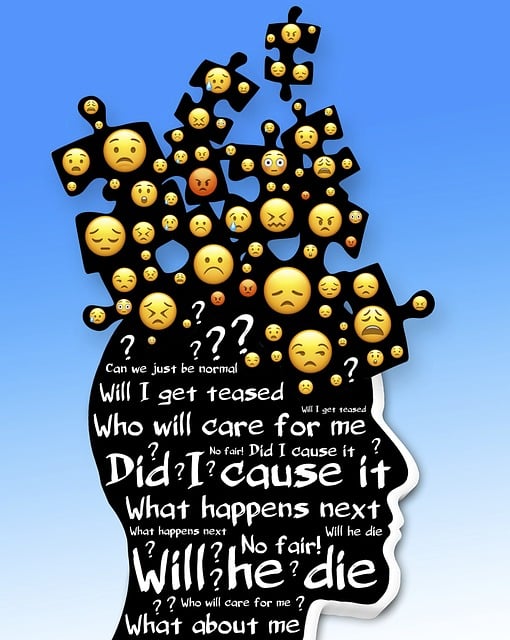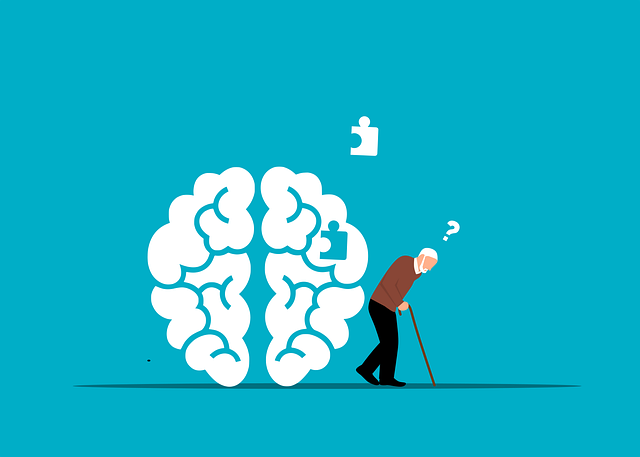In today's fast-paced world, prioritizing mental health is crucial for managing stress and anxiety, which can significantly impact daily life. Conditions like eating disorders require specialized treatments such as Parker Eating Disorders Therapy. Digital apps, including the Parker Eating Disorders Therapy App, have revolutionized care accessibility by offering personalized resources, mood tracking, and access to therapists. This app focuses on self-esteem improvement and evidence-based strategies, guiding users in cultivating awareness of thoughts and behaviors related to food and body image. An ideal mental wellness app combines therapy sessions with crisis intervention tools, mindfulness exercises, and CBT modules, fostering resilience against disordered eating patterns and promoting overall well-being. Developing such apps emphasizes ethical practices, user privacy, data security, inclusivity, and regular updates based on user feedback and research.
Mental wellness app development has emerged as a powerful tool in addressing growing concerns about mental health. As we delve into this evolving landscape, we explore how digital solutions like the Parker Eating Disorders Therapy app are transforming therapeutic support. This article examines the impact of mental wellness apps on daily life, delves into specific challenges, and highlights key features necessary for effective design. We also navigate ethical considerations, user privacy, and best practices to ensure responsible development in this dynamic field.
- Understanding Mental Health and Its Impact on Daily Life
- The Role of Digital Apps in Promoting Wellness and Therapeutic Support
- Targeting Specific Challenges: Parker Eating Disorders Therapy App
- Key Features and Components for an Effective Mental Wellness App
- Ethical Considerations, User Privacy, and App Development Best Practices
Understanding Mental Health and Its Impact on Daily Life

Understanding Mental Health is paramount in today’s fast-paced world, where stress and anxiety can significantly impact our daily lives. It involves recognizing and addressing various psychological and emotional states, including conditions like eating disorders, which require specialized therapies such as Parker Eating Disorders Therapy to effectively manage and treat. Mental health affects how we think, feel, and act in different situations, influencing our relationships, work performance, and overall quality of life.
The impact of poor mental wellness can be profound, leading to decreased productivity, social withdrawal, and even physical health issues. Effective stress management techniques, along with self-awareness exercises, play a crucial role in maintaining a healthy balance. By incorporating practices that enhance mental wellness, individuals can better navigate life’s challenges, fostering resilience and overall well-being.
The Role of Digital Apps in Promoting Wellness and Therapeutic Support

Digital apps have emerged as powerful tools to promote mental wellness and provide therapeutic support, reaching a wide range of users, including those seeking Parker Eating Disorders Therapy. These applications offer accessible and personalized resources for individuals looking to enhance their mental health and resilience. With features such as guided meditations, mood tracking, and access to therapists, apps cater to diverse needs, encouraging positive thinking and self-care practices.
In the realm of mental wellness coaching programs development, risk management planning for mental health professionals is a key consideration. Well-designed apps can help professionals monitor client progress, deliver interventions, and offer immediate support, ensuring effective therapy and timely intervention. This digital approach has revolutionized access to care, making therapeutic services more accessible and convenient for those in need, including individuals facing eating disorders.
Targeting Specific Challenges: Parker Eating Disorders Therapy App

The Parker Eating Disorders Therapy App is designed to address specific challenges faced by individuals struggling with eating disorders. These conditions often involve complex psychological and emotional issues that require tailored interventions. The app leverages digital technology to provide accessible and personalized support for self-esteem improvement, a key factor in recovery. By incorporating empathy building strategies and mindfulness meditation techniques, the app offers users practical tools to manage their symptoms and develop healthier coping mechanisms.
Through interactive features and guided exercises, Parker Eating Disorders Therapy helps users cultivate awareness of their thoughts and behaviors related to food and body image. This heightened self-awareness is coupled with evidence-based strategies that promote positive relationships with meals and bodies. By fostering a supportive digital environment, the app encourages users to engage in activities that enhance emotional well-being and build resilience against disordered eating patterns.
Key Features and Components for an Effective Mental Wellness App

An effective mental wellness app should incorporate several key features and components to cater to users’ diverse needs effectively. Firstly, personalized therapy sessions tailored to individual struggles, such as Parker Eating Disorders Therapy, are crucial. These sessions can offer evidence-based strategies for coping with anxiety, depression, or specific disorders, ensuring a more targeted approach to treatment.
Additionally, crisis intervention guidance and emotional well-being promotion techniques should be seamlessly integrated. Features like mood tracking, mindfulness exercises, and cognitive behavioral therapy (CBT) modules empower users to monitor their mental health progress. Public awareness campaigns development within the app can also contribute to breaking down stigma and encouraging open conversations about mental wellness.
Ethical Considerations, User Privacy, and App Development Best Practices

When developing mental wellness apps, such as those focused on Parker Eating Disorders Therapy or Mental Health Education Programs Design, ethical considerations are paramount. Developers must ensure user privacy and data security by implementing robust encryption protocols and adhering to relevant regulations like GDPR or HIPAA. Transparency about data collection practices is crucial to build trust with users. Additionally, fairness and non-discrimination should guide app design, ensuring that algorithms and content are inclusive and beneficial for all individuals seeking support for their mental health, including those facing anxiety relief needs.
App development best practices demand a user-centric approach, prioritizing accessibility and usability. Features like intuitive interfaces, customizable settings, and diverse language options cater to users’ unique preferences and needs. Regular updates based on user feedback and emerging research in mental illness stigma reduction efforts can enhance the app’s effectiveness. Incorporating evidence-based therapies and techniques, such as cognitive-behavioral therapy (CBT) or mindfulness practices, ensures that digital tools remain reliable resources for managing mental wellness, aligning with global trends in addressing anxiety relief and promoting holistic mental health education.
Mental wellness app development has emerged as a powerful tool to address various mental health challenges. As demonstrated by the Parker Eating Disorders Therapy app, digital solutions can provide targeted therapeutic support and significantly improve users’ daily lives. When designed with user privacy, ethical considerations, and key features like personalized content and integrated tracking, these apps have the potential to revolutionize access to mental healthcare. By leveraging technology responsibly, developers can create effective tools that contribute to a healthier and more resilient global community.











